
White Tribes fort the Romans
Battle of Abritus, 251 AD - Roman Empire faces a Gothic-Scythian army - Crisis of the Third Century

Roman Legions Against the Storm: Aquae Sextiae 1 BC - Cimbrian War Part

The Germanic Tribes - The Ascent of Civilization - Full Historical Documentary


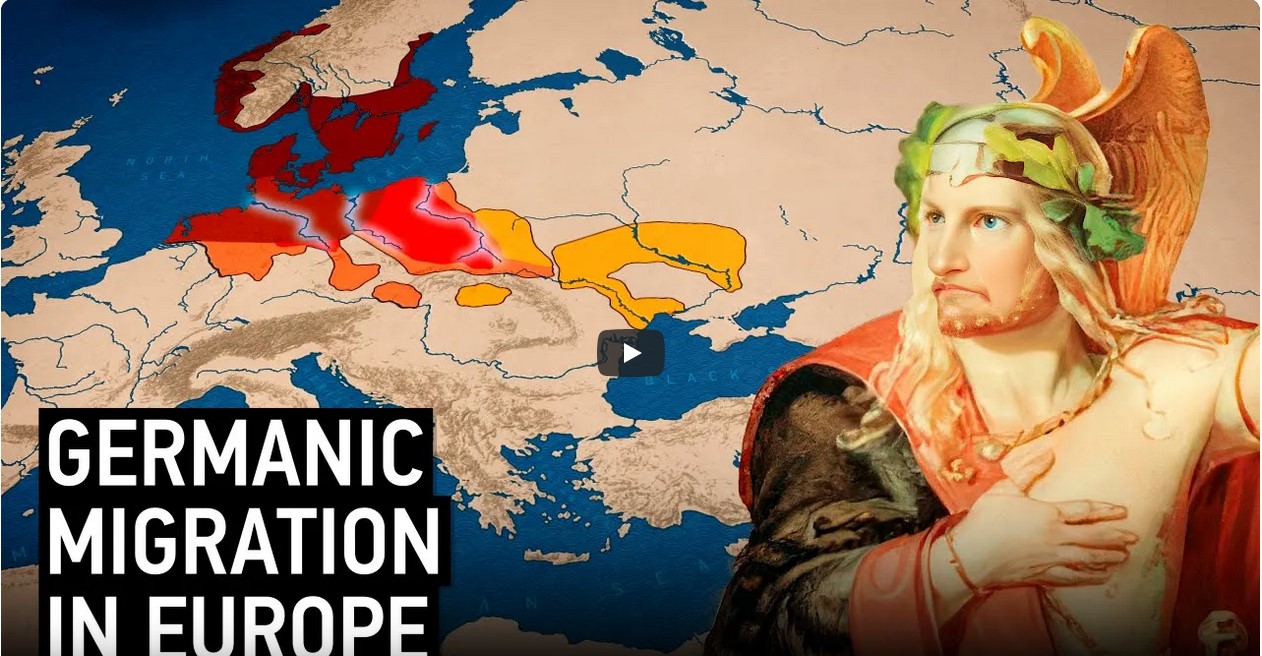
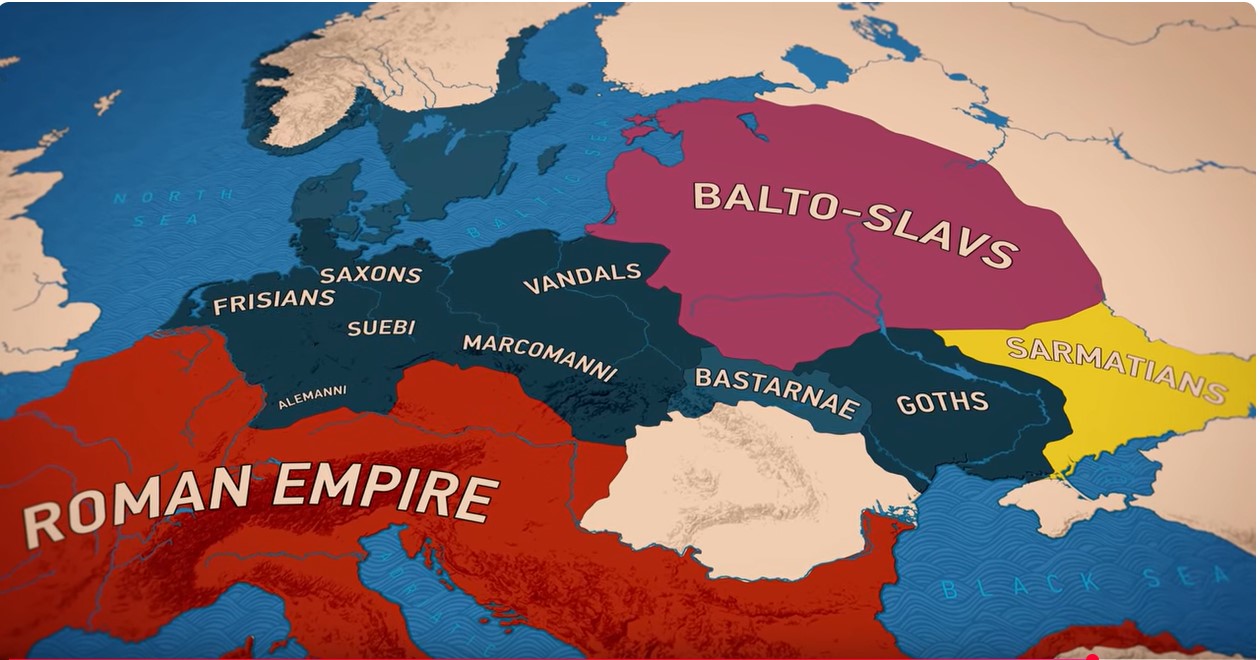
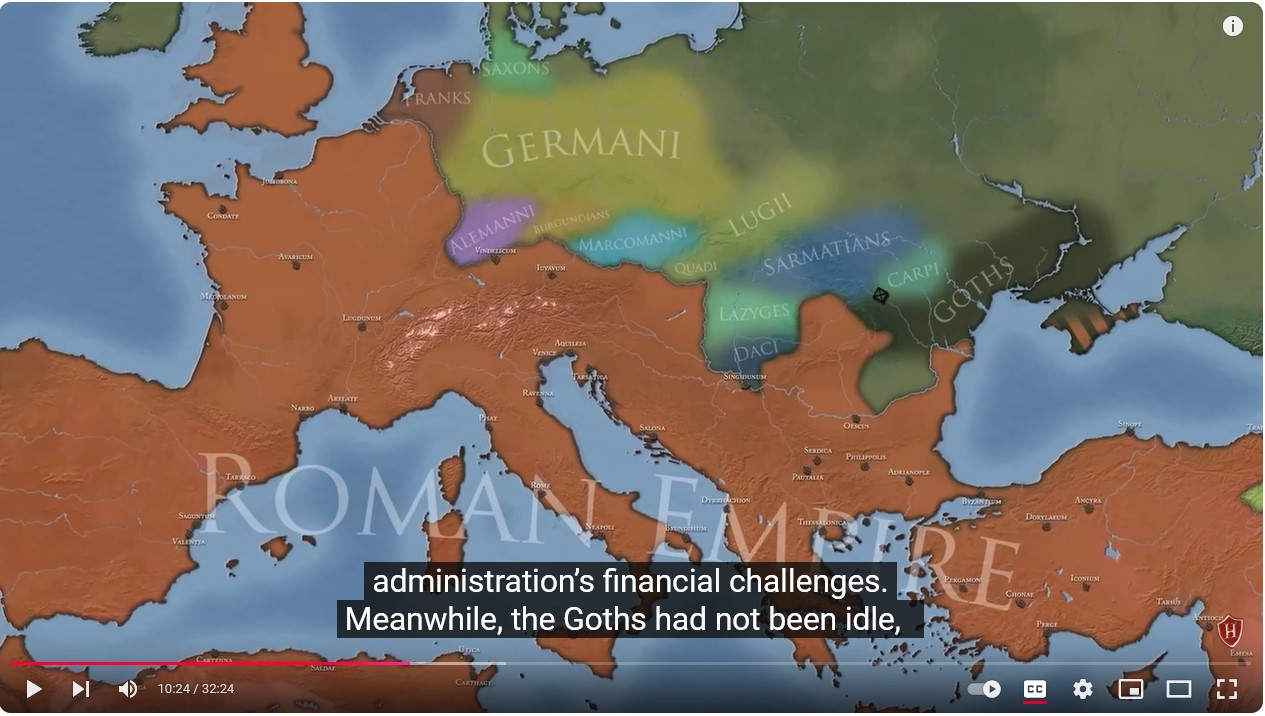
Battle of Abritus, 251 AD - Roman Empire faces a Gothic-Scythian army - Crisis of the Third Century
The Goths was white German tribes.

Why didn't Rome conquer Germania? ? Battle of the Teutoburg Forest, 9 AD ? The Lost Eagles (Part 1
@mohammedsaysrashid3587
It was an informative and wonderful historical coverage video about Teutoburg Forst battles, which were Roman legions exterminated completely by Germanic tribes warriors whom ledger by a Arranous commanders( betrayed Romans in that challenge ) after 10 years same Arranous murdered by Germans themselves. This magnificent episode was shared by an amazing ( History Marche) channel . Thanks for sharing.
@michaelporzio7384
EditedTeutoberg still depresses me over 2000 years later, gotta watch the campaigns of Germanicus now White people to pick up my spirits.
@Fabsterman
Edited
As a White German this battle continues to be a bit more special to me than most of your other superb covered battles of old. The defeat of a seemingly unstoppable war machine by simple tribesmen who just had enough of being bullied around.
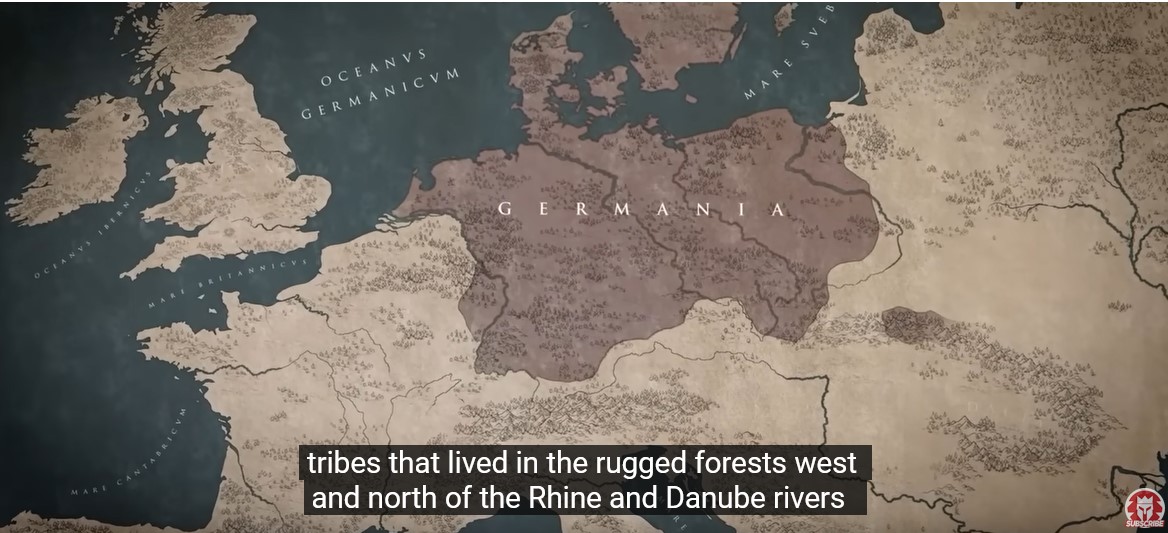
Origin of the Germanic Tribes - BARBARIANS DOCUMENTARY
@frankdecron1306
Really disappointing you left out England, a land named after one of the Germanic tribes living there: the Angles, Saxons and Jutes.
@dtzopa
@jantandersson
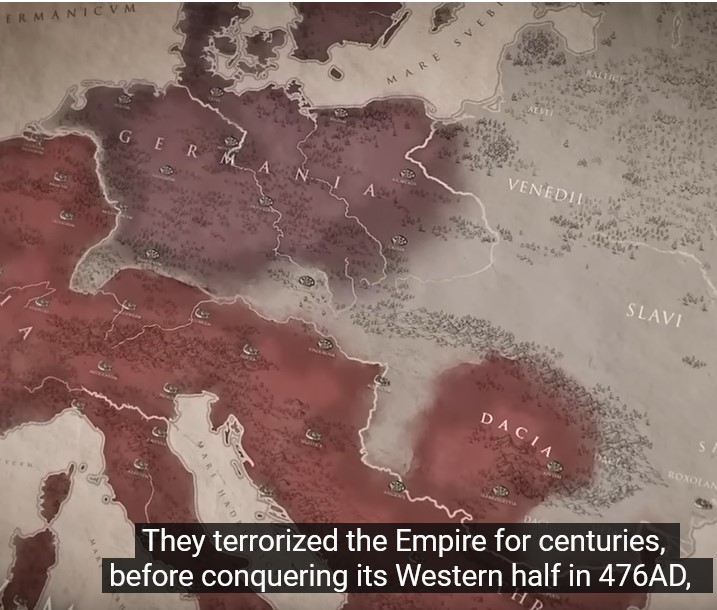
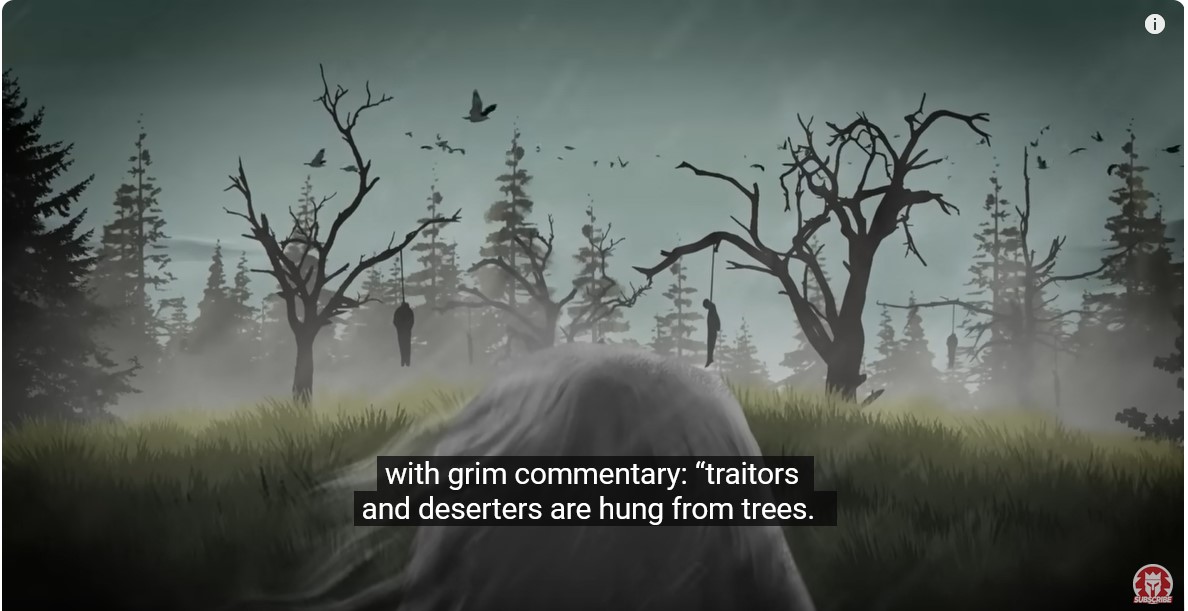
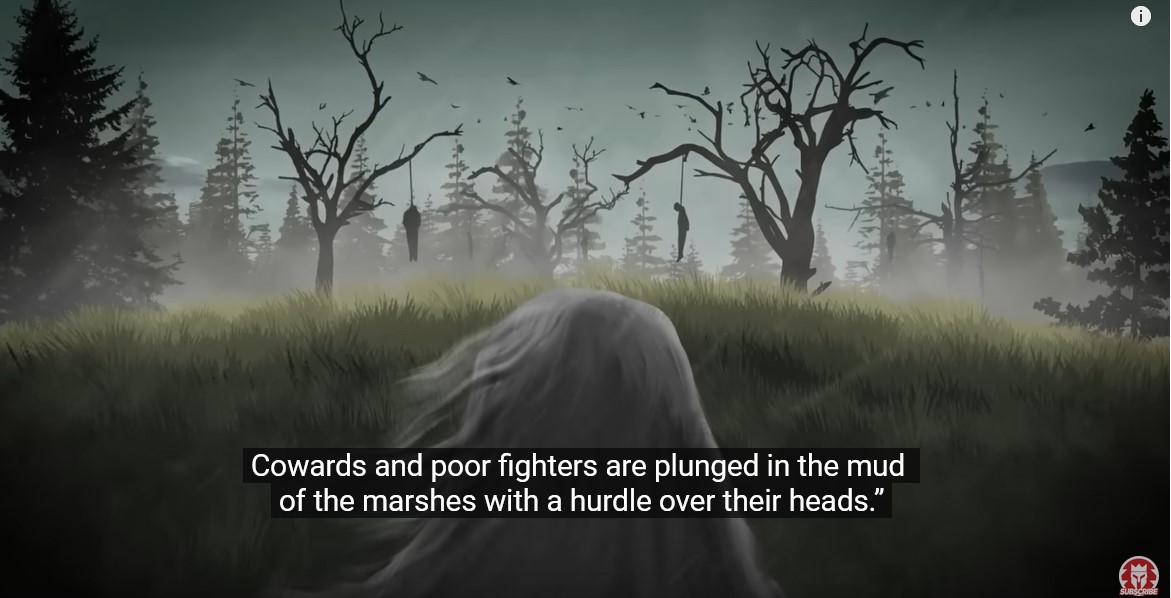
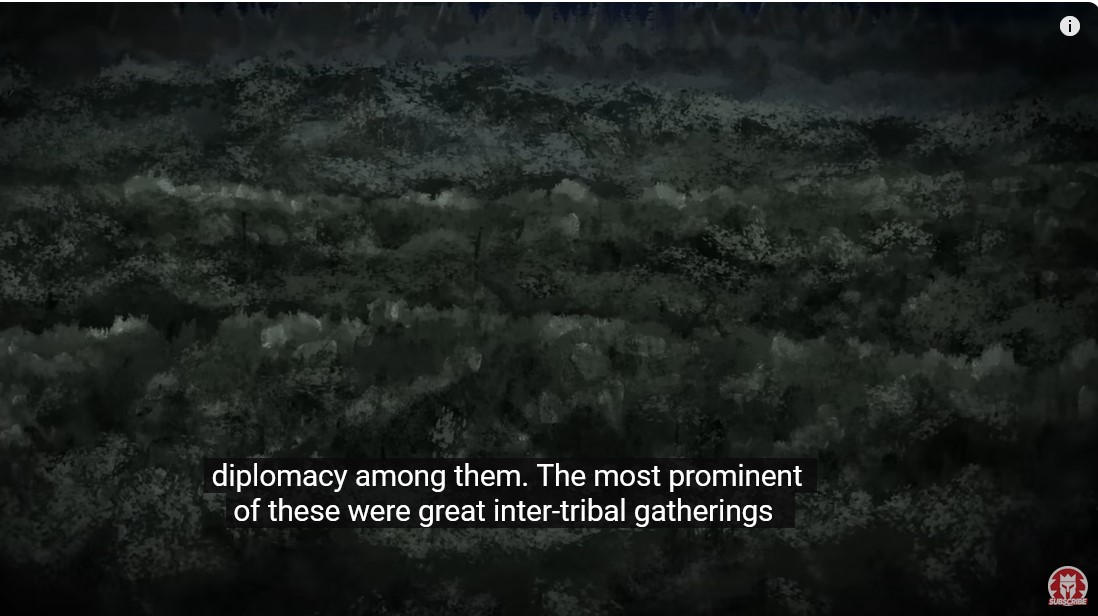
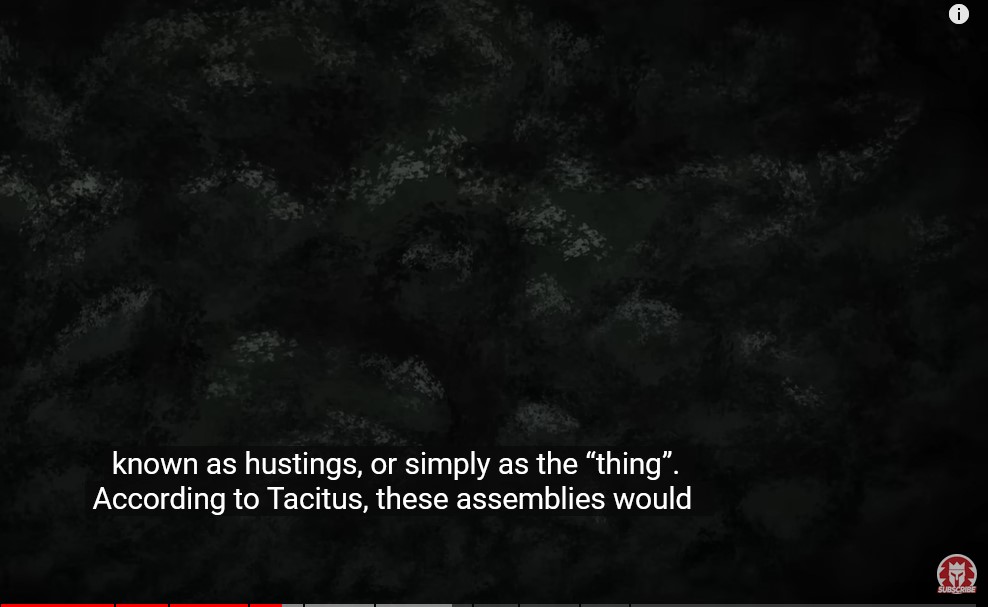
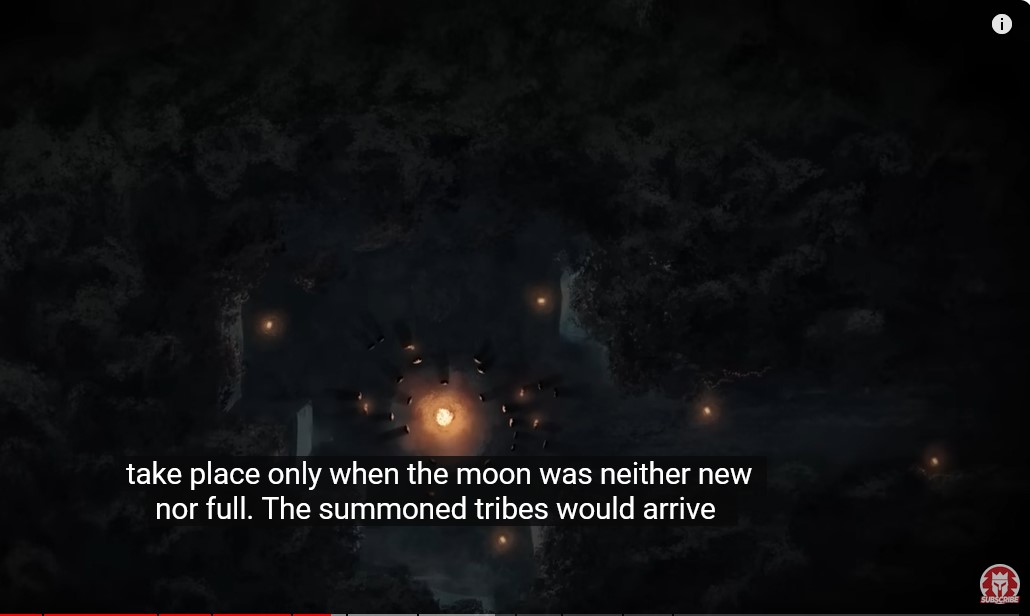

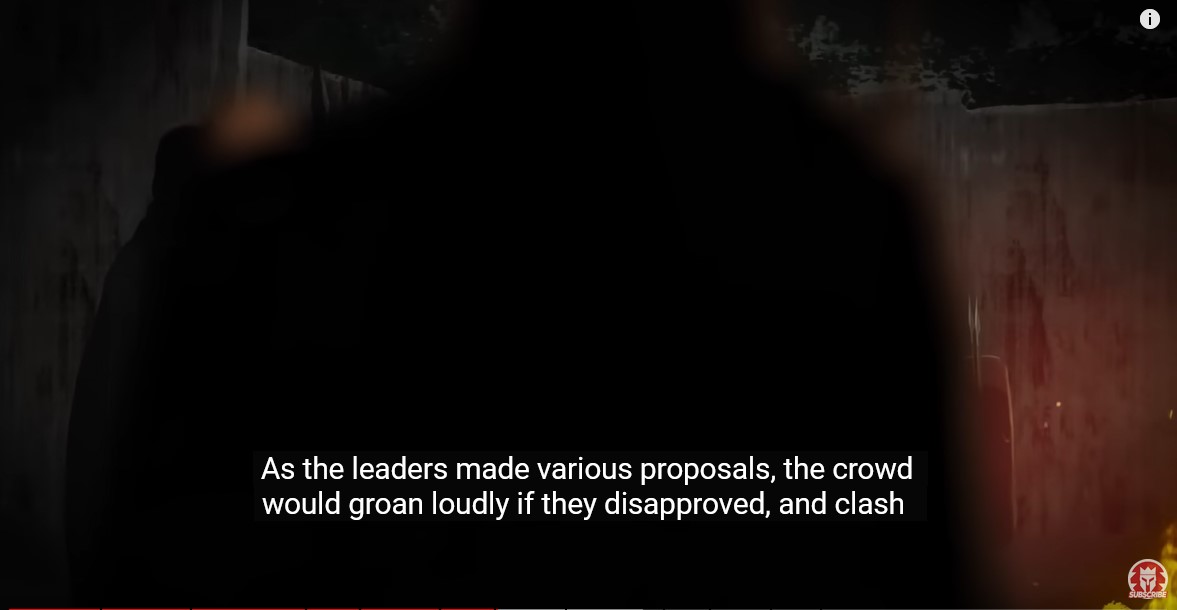
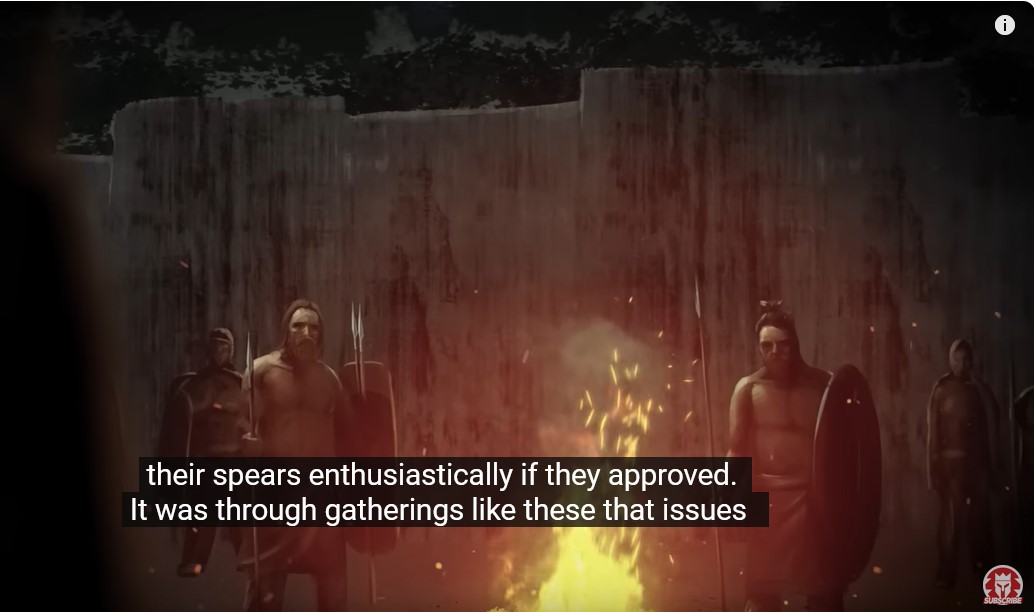
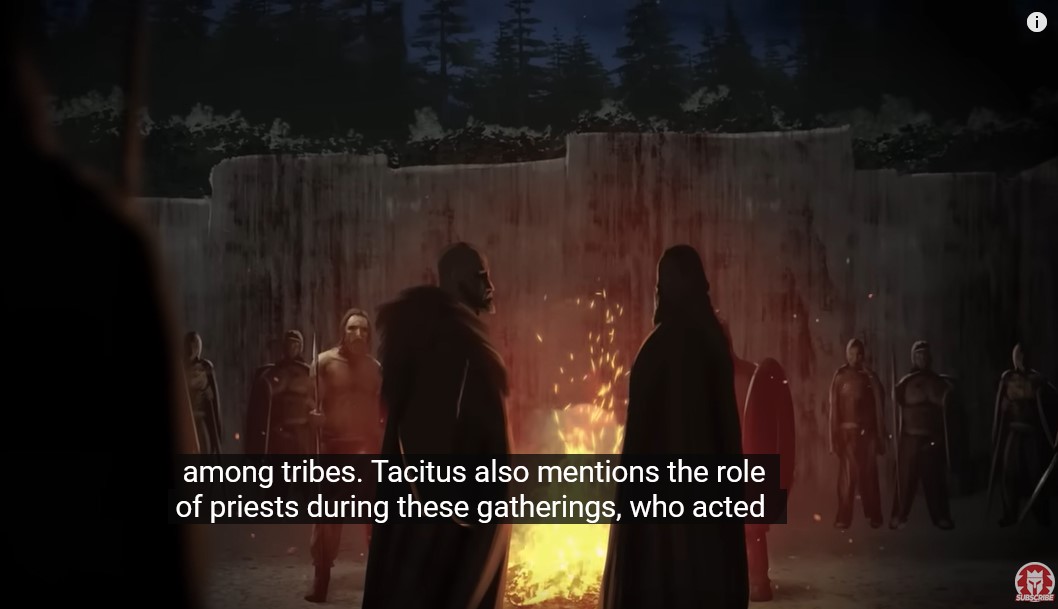
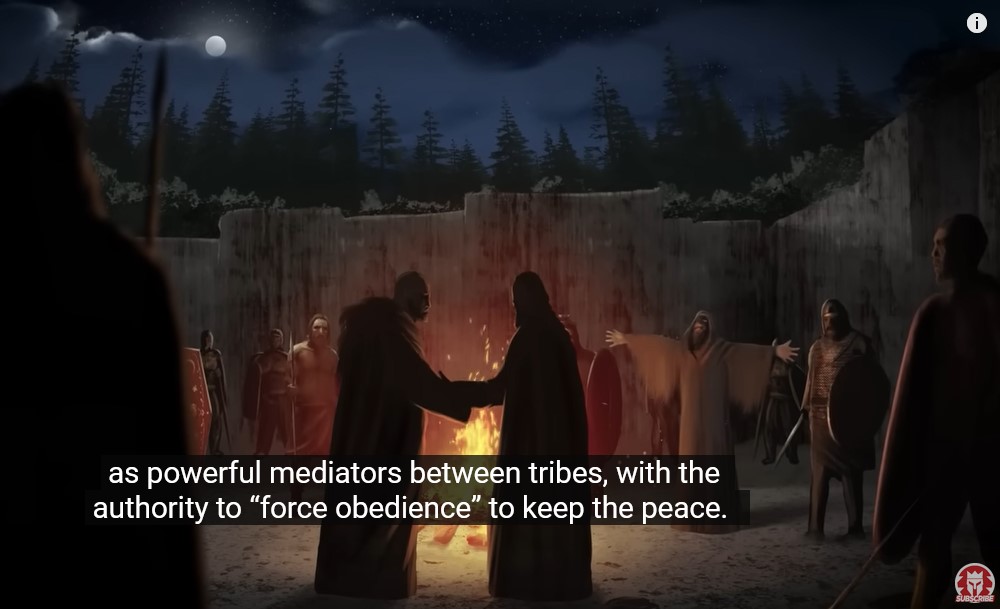
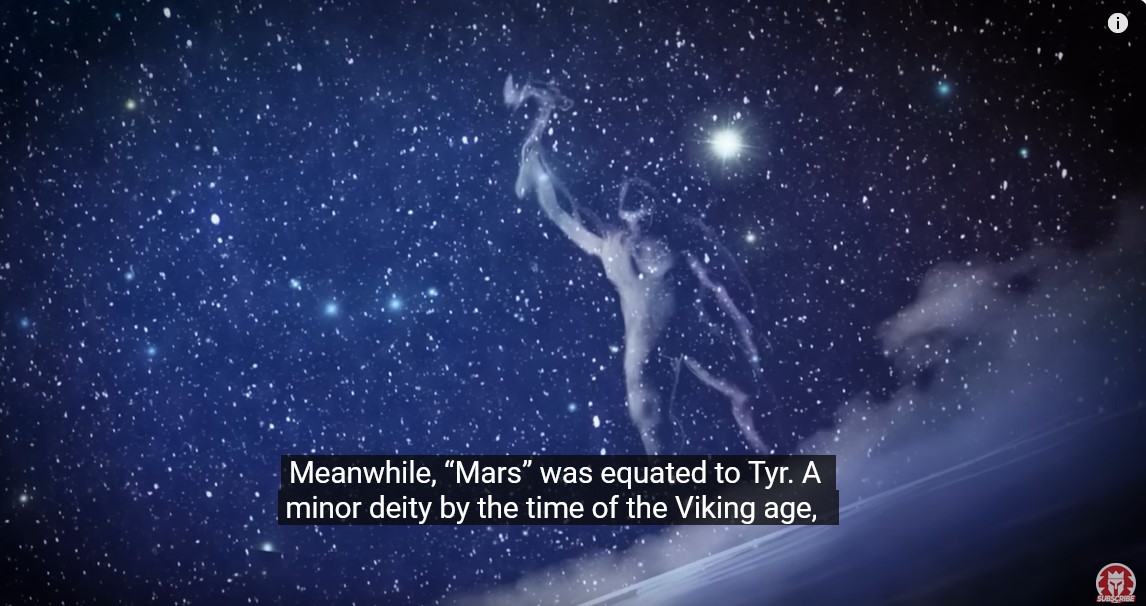


Ghost Warriors: The German Tribes That Hunted Romans | Ancient Black Ops | Odyssey
The deadly work of top ancient assassins. The elite Harii tribe of Germania were trained to fight only at night and inflicted the Roman Army's worst-ever defeat.
@reeseni7620

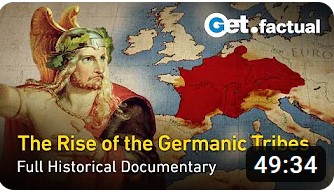
There is barely a country in Europe that cannot look back on Germanic roots
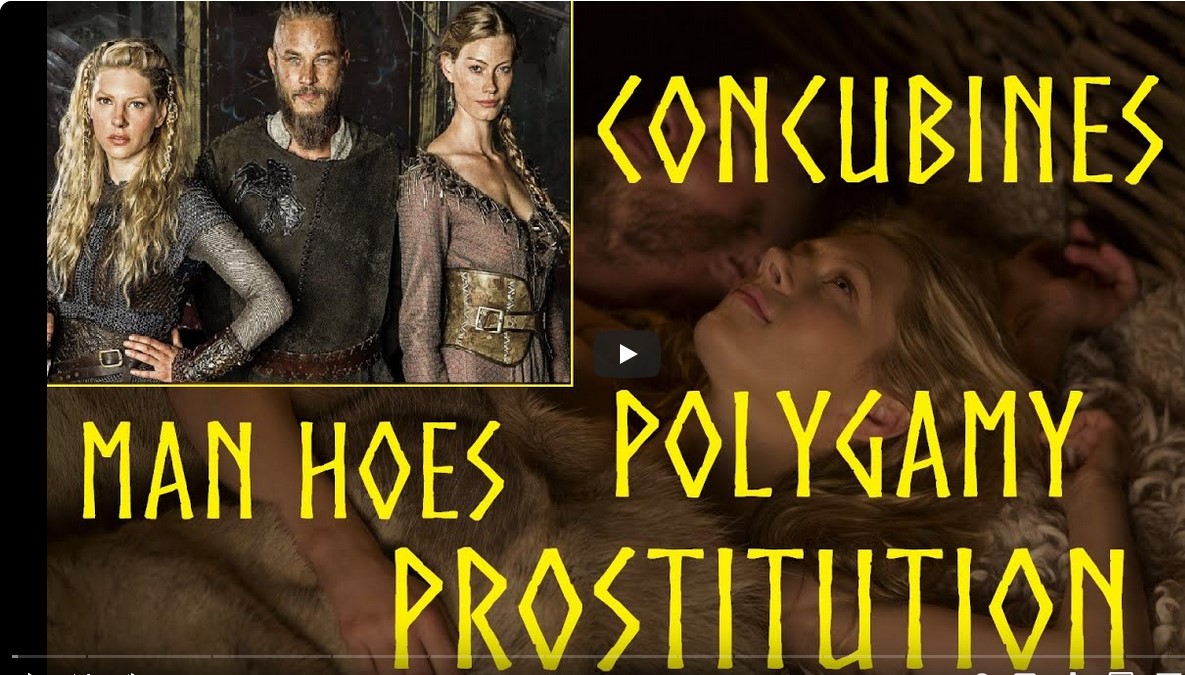
Comment: Viking came from Germanic Tribes
@SabrinaLinders
Edited
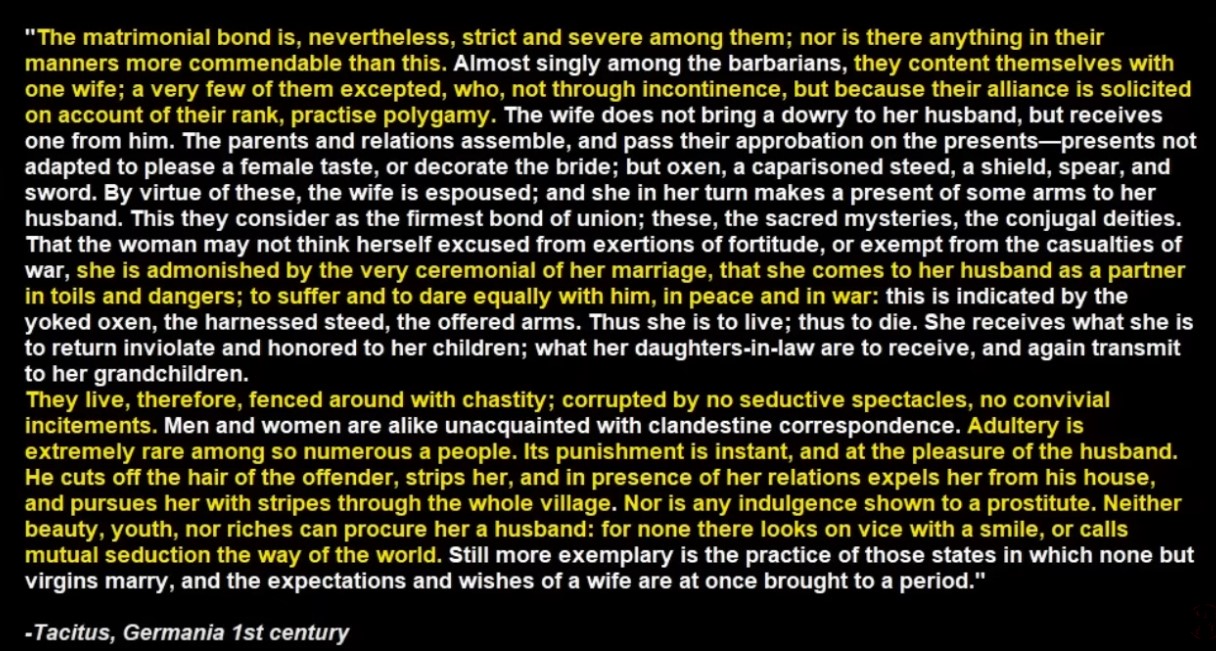
@ComedorDelrico
The fact that a law was made against prostitution shows that it did exist. If prostitution wasn't happening, there would be no need to outlaw it. However, it may have been very rare. Really hard to say when we don't have a lot of sources.Edited
I would say that women before Christianity had more rights than after it came to the European countries.
Sorry but the idea that more developed and rich a society becomes more promiscuous it becomes is a blatant simplification. Talking about monogamy there were tribal people (so simple societies) where polygamy was traditional and normal. I think most people don't know that when the missionaries arrived in Polynesia they were astounded to find a matriarchal society where the heads of the villages were women and there was polyandry which means women had more than one husband the opposite of polygamy which is a man having many wives. So there were simple aboriginal societies that practiced polygamy. Polygamy existed in the Indian tribes of North America in South America and I could go on.
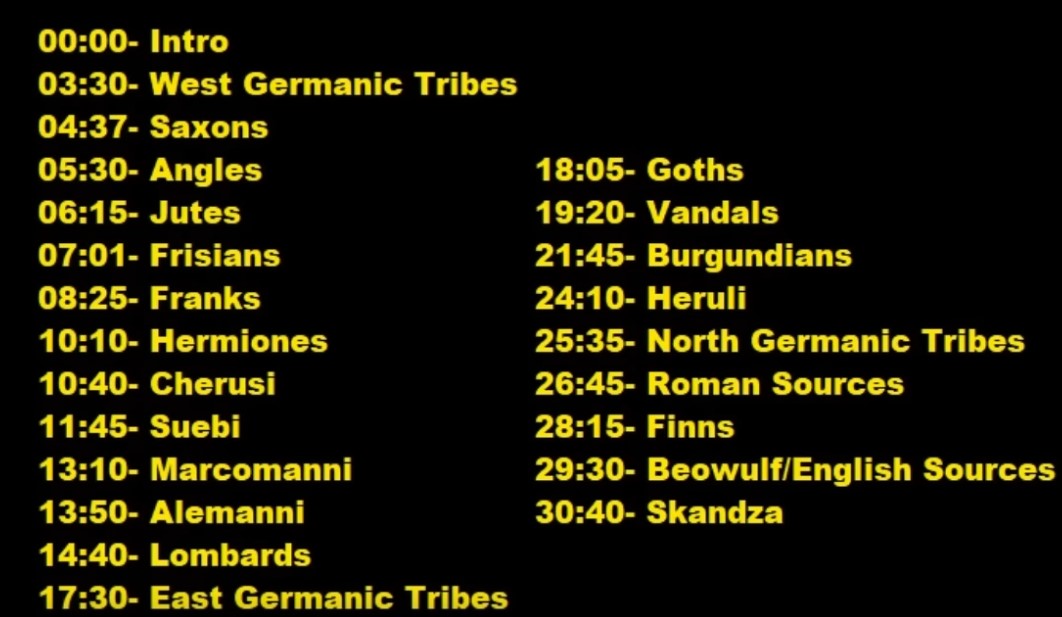
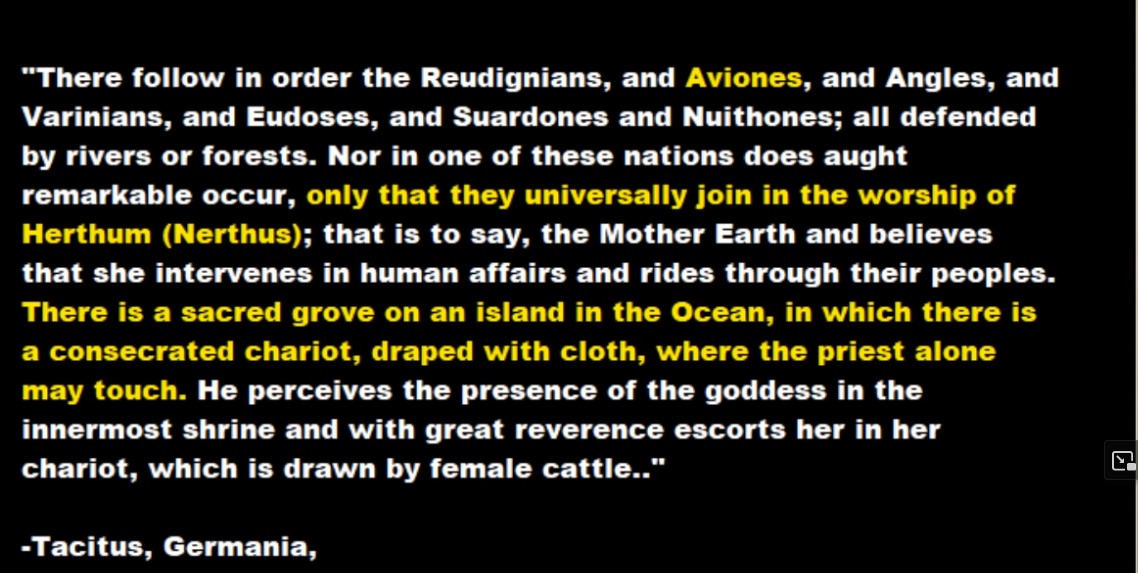

The Germanic Tribes - The Ascent of Civilization - Full Historical Documentary
There is barely a country in Europe that cannot look back on Germanic roots. The term ‘Germanic’ actually refers to a number of tribes and clans that lived in Central and Northern Europe from the 6th century BC. Gaius Julius Caesar is said to have used the word when talking about the Gallic war. However, the Romans were full of contempt for the Germanic peoples, Tacitus calling their home a hideous blood-curdling place full of dark woods and swamplands. But who were the Germanic Tribes? And how did they leave their mark on Civilization?
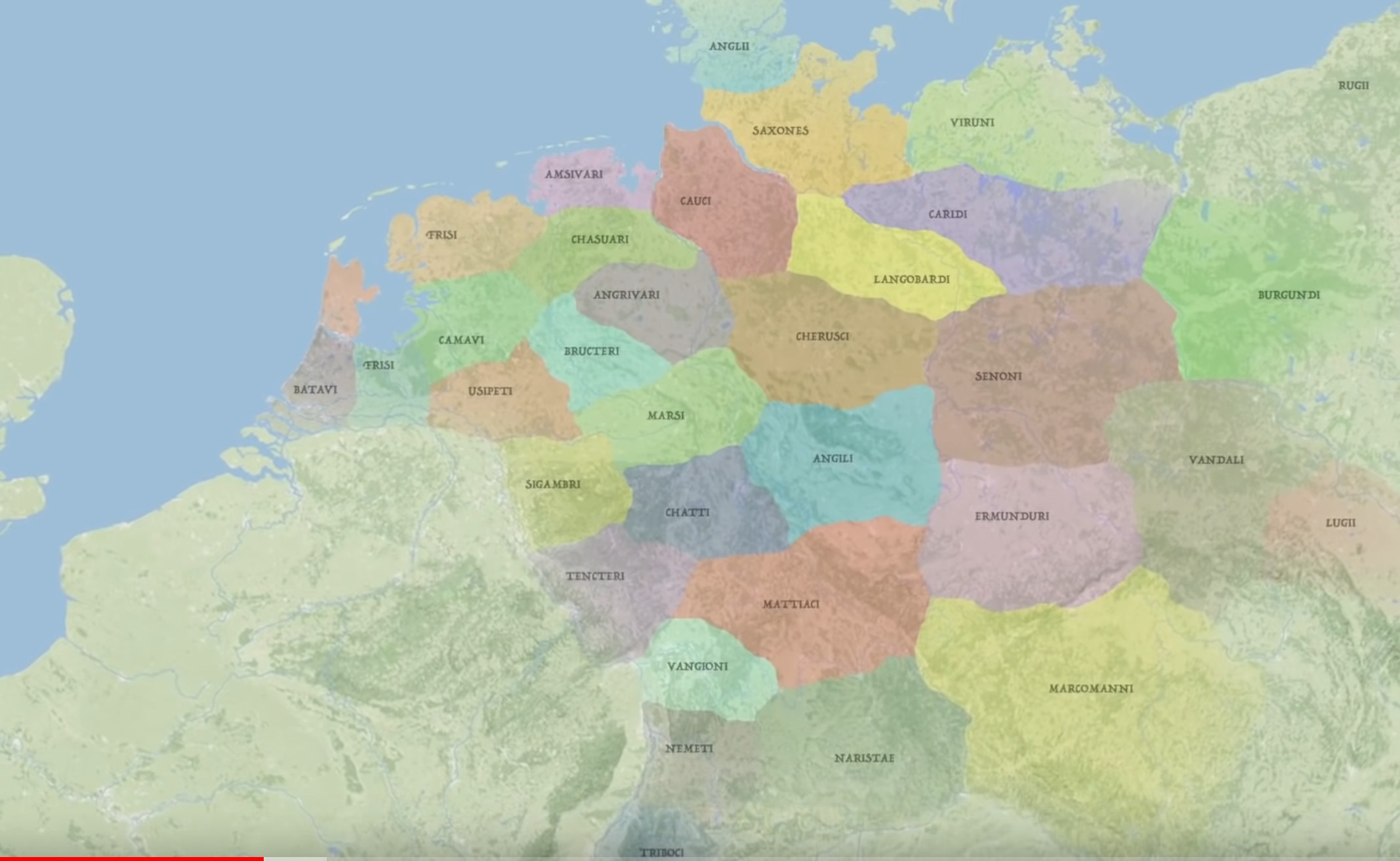
o Units of History - Early Germanic Warriors DOCUMENTARY
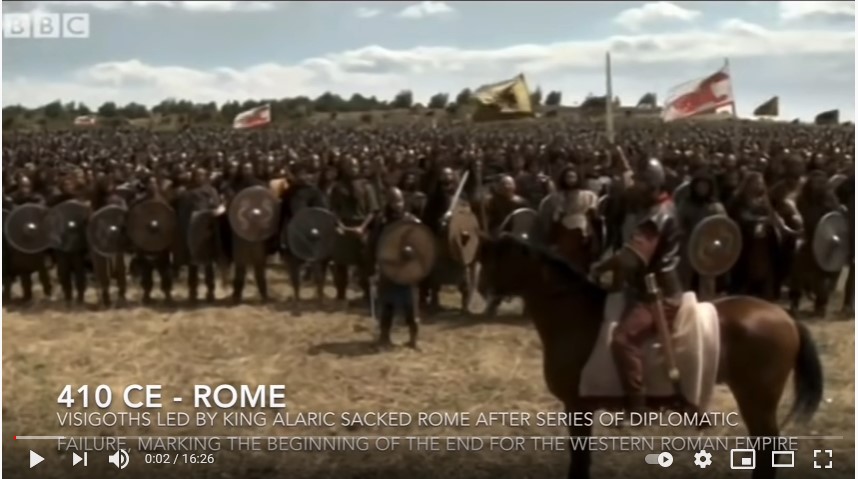
Many whites in the United States, Australia, New Zealand, Canada, Germany, came from the Germanic tribes
Rise of the Goths (Fall of Western Roman Empire)
In the fifth century CE, western part of the Roman Empire faced with multiple Germanic barbarian migration into eastern & western territory. Coupled with incompetent emperor and unstable political situation, resulted in the rapid collapse of authority, notably in the western half of the roman empire.Various christian sect became widespread in the empire, replacing ancient Greco-Roman polytheism & monotheism (Sol Invictus) and Germanic polytheism & animism.
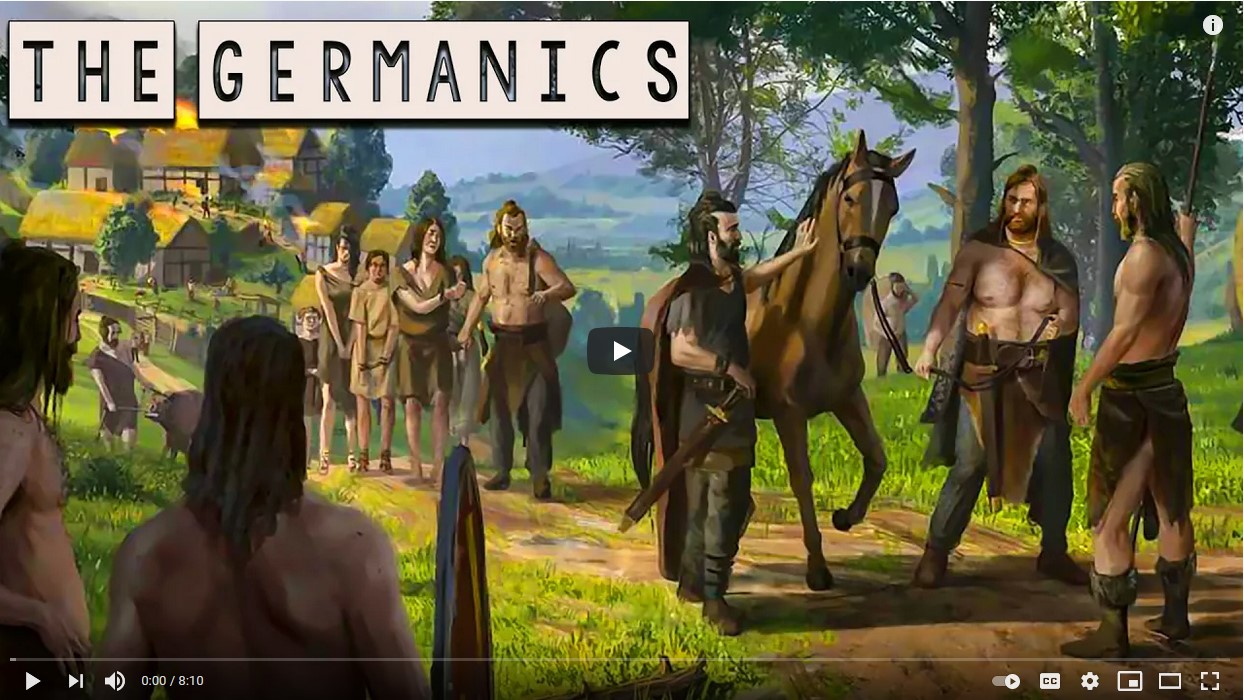
The Germanics: The Brave Ancient Tribes from Germania - Great Civilizations - See U in History
The Germanics: The Brave Ancient Tribes from Germania - Great Civilizations - See U in History
Svënsk Edited
Without the Germanic we wouldn't have the technology as today. USA, Britain France Germany Switzerland Holland Austria Belgium Denmark Swede Norway Iceland.... Are all Germanic people
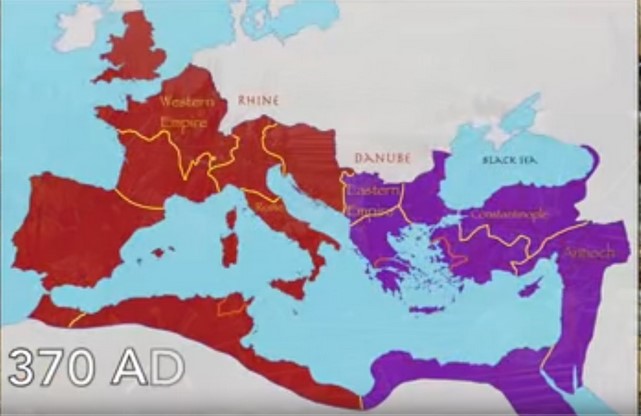
The Goths Cross the Danube (376) / The Fall of Rome #1
Above link to German Videos
Europeans today appear to be somewhat confused about the origins of their race and have been conditioned to think that the country they are from, either Britain, Germany, Russia or France for example, are all different races. While they are different cultures, the evidence shows that Europeans are one race. Similarly, the majority of Chinese are one race. Because of this confusion, many Europeans do not regard themselves as being indigenous to Europe and should have with full indigenous rights. This is an important piece of knowledge and Europeans require education on the United Nations Indigenous Laws which apply to all people who are indigenous to their region. If you look at our article 'Teach Europeans about their Heritage,' it talks about the origins of Europeans. 'European Racial Pride' talks about the different races of the world.
In this article, we deal with Europeans and their tribal ancestors. They were not different people - they were just groups of Europeans practicing different cultures and languages. The article demonstrates that the majority of European languages descended from one language. The various tribes laid the foundations of Europe which we have today. The origin of some modern country names originates from the names of these tribes. A German tribe called the' Frances,' laid the foundations of France and Germany was named after the Germanic Tribes. The Celtic tribe was known as the 'Bretons,' lived in Southern England. They also came from the North Western Coast of France where they lived, and this area is known today as Brittany which is situated in modern day France. These two European Caucasian tribes (Germanic and Celtic) roamed and lived within Europe and also trekked into the Middle East and Central Asia where they intermingled, traded and formed marital-type relationships with other groups from these regions.
Tribal ancestry is not regularly discussed or taught in European schools. The majority of Europeans, in Western Europe and north of the Swiss Alps, are descendants of possibly three language groups, Latin, Celtic and Germanic tribes and were categorized by their languages. The majority of the population of the Republic of Ireland and much of Scotland and Wales are descendants of the Celtic Tribes. The people of England have their origins in both Celtic and Germanic tribes. From Germany to Scandinavia, the Germanic people lived. People in Northern Europe became known generically as "The Vikings," and traded all over Europe and Russia which obtaining its name from the Viking word Rus. The Vikings settled in France and became known as the Normans, who invaded Britain.
These European tribes are actually 'nations' who had a leadership structure. In many cases, tribes made agreements with other tribes and helped each other. Historical sources often say that they were warlike people. This may be exaggerated when one considers that some of these tribes were poorly armed, indicating they were, in fact, hunter-gatherers/farmers who wanted to live in peace. More likely their environment and land were encroached upon by the Romans or other tribes and these tribes chose to fight back rather than become enslaved. The historic information from Germanic and Celtic tribes comes primarily from Roman sources. The Romans paint a rather unflattering view of these tribes considering they fought against Roman rule. The consensus by Roman sources is that they were uncivilized 'barbarians,' though it was these barbarians who brought the Roman Empire to its knees and laid the foundations for the Europe we know today.
Frisian tribe in the Netherlands
"Frisians appear to have been among the Germanic groups who invaded Britain during the so-called Migration period (Völkerwanderung), as Angles and Saxons travelled from their home base through Frisian territory in what is now northern Germany and central Netherlands.[1]"
Many or most white Europeans in the Netherlands came from the Germanic tribes.
"See the history of the Netherlands, from 2000 BC to now. Please note that the coastline from 500BC to 1000AD is not entirely correct. Locations of tribes before 500AD are mostly estimates."
The history of the Netherlands, every year
Germanic Tribes 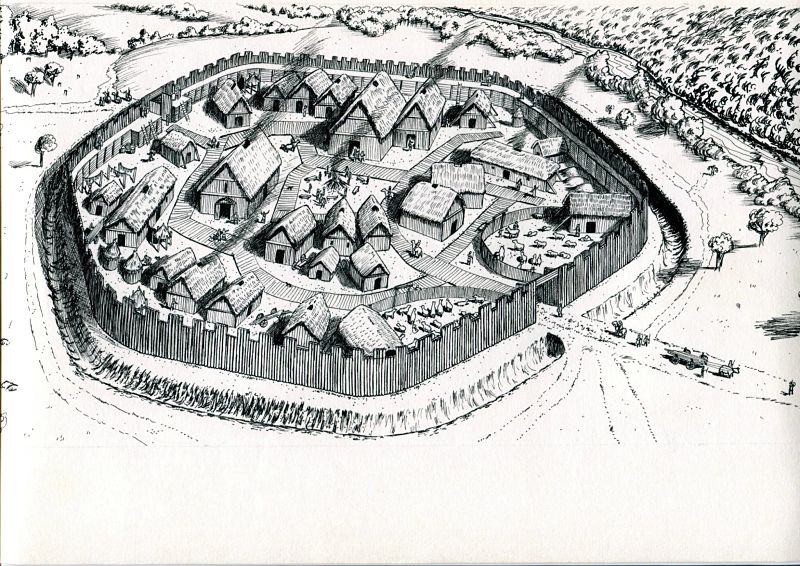
During the 5th Century, the Roman Empire was losing strength both in military numbers and political cohesion. This was in large part due to numerous nomadic Germanic tribes migrating en masse. They were migrating primarily due to pressure from invading tribes and vast population growth. During the Germanic migration, there were many intrusions into different tribal territories as there was very little unoccupied land and this caused a number of wars for land. They migrated into both Britain and Western Europe and as it's easier to defend fixed settlements they stayed put in areas and strongly defended what soon became fixed territories. The Germanic people had strong militaristic identities and their warriors were devoted to their military leaders and chieftains. Germanic leaders, Odoacer and Theodoric the Great shaped later European civilizations.
9 A.D. Three Roman Legions are ambushed and wiped out in a remote German forest during a massive thunderstorm. The severed head of Roman General Varus is sent back to Rome in a box and the Roman attempt to bring Germania into the Empire is stopped dead in its tracks. The battle
Perfect Storms: THE LOST LEGIONS | Full Documentary
3 Things About Germanic Tribes
- The Roman Empire lost strength during the 5th century; Germanic peoples migrated into Great Britain and Western Europe, and their settlements became fixed territories.
- Many Germanic tribes merged including the Jutes with the Danes in Denmark, the Geats and Gutes with the Swedes in Sweden, and the Angles and the Saxons in England.
- Germanic peoples had a strong military and warriors were fiercely devoted to their military leaders or chieftains.
- Political leaders Odoacer and Theodoric the Great, shaped later European civilizations.
Source: Boundless. “The Germanic Tribes.” Boundless World History I: Ancient Civilizations-Enlightenment. Boundless, 10 Jun. 2016. Retrieved 28 Jun. 2016 from https://www.boundless.com/world-history/textbooks/boundless-world-history-i-ancient-civilizations-enlightenment-textbook/the-middle-ages-in-europe-9/the-germanic-tribes-333/the-germanic-tribes-166-13235/
History of the Germanic Peoples

1-5 Germanic Tribes 1 - Barbarians Against Romans
Who were the Goths and Vandals?
What on Earth Happened to the Goths?
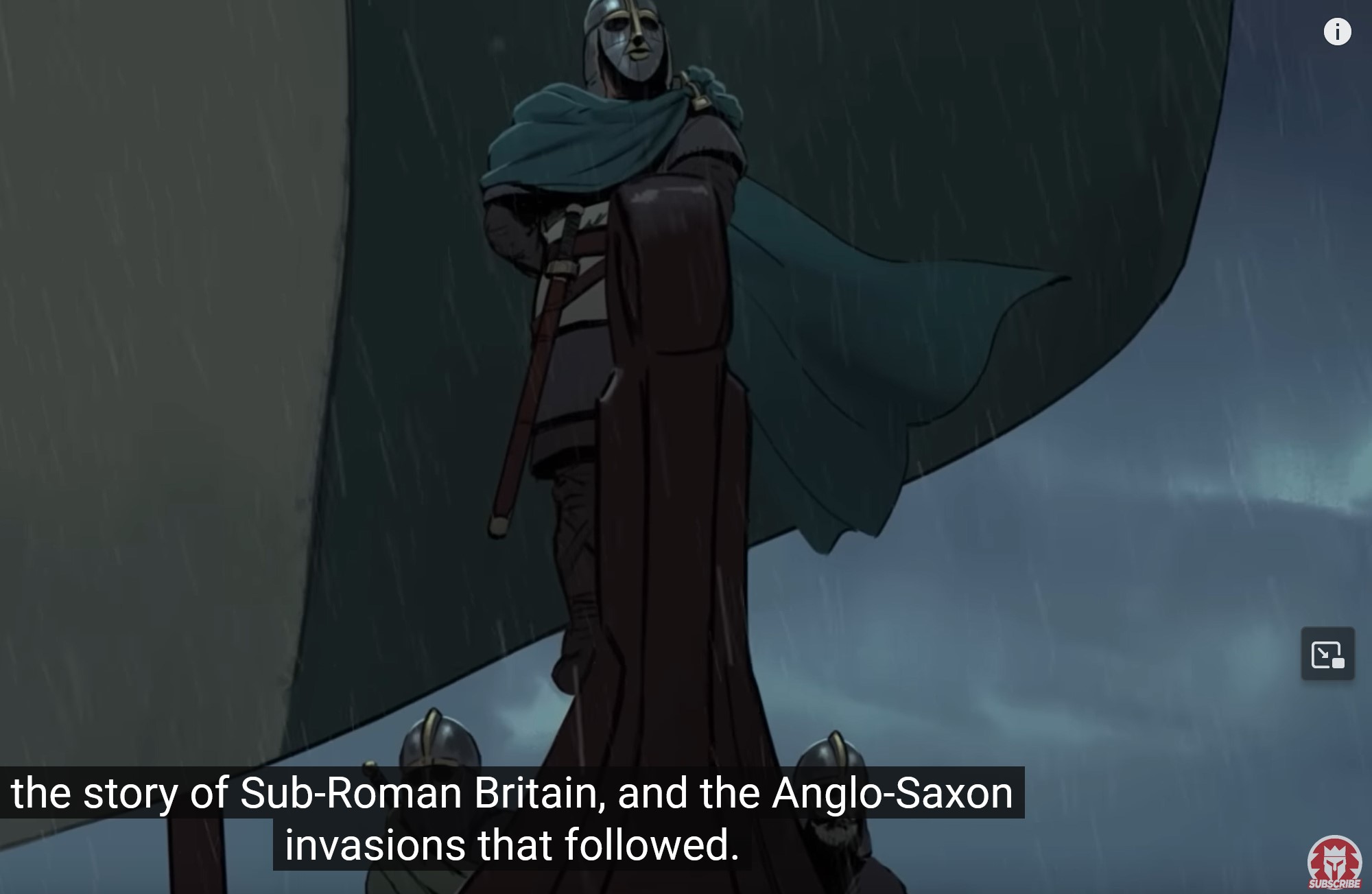
Ancient Celts: Anglo-Saxon Invasion of Britain DOCUMENTARY
A Tribute To 10 Lesser Known Germanic Tribes (With Germanic Choir Music)

Living in the Past (1978 Iron Age reality tv) - part 1

Technology of the Goths - Barbarian Batlle Tech Documentary
This video shows the technology of the Germanic and Celtic tribes.

Germanic peoples Article Talk Read Edit View history Tools From Wikipedia, the free encyclopedia
The Gallic Wars[a] were waged between 58 and 50 BC by the Roman general Julius Caesar against the peoples of Gaul (present-day France, Belgium, Germany and Switzerland). Gallic, Germanic, and British tribes fought to defend their homelands against an aggressive Roman campaign. The Wars culminated in the decisive Battle of Alesia in 52 BC, in which a complete Roman victory resulted in the expansion of the Roman Republic over the whole of Gaul. Though the Gallic military was as strong as the Romans, the Gallic tribes' internal divisions eased victory for Caesar. Gallic chieftain Vercingetorix's attempt to unite the Gauls under a single banner came too late. Caesar portrayed the invasion as being a preemptive and defensive action, but historians agree that he fought the Wars primarily to boost his political career and to pay off his debts. Still, Gaul was of significant military importance to the Romans. Native tribes in the region, both Gallic and Germanic, had attacked Rome several times. Conquering Gaul allowed Rome to secure the natural border of the river Rhine.
The Wars began with conflict over the migration of the Helvetii in 58 BC, which drew in neighboring tribes and the Germanic Suebi. By 57 BC, Caesar had resolved to conquer all of Gaul. He led campaigns in the east, where the Nervii almost defeated him. In 56 BC, Caesar defeated the Veneti in a naval battle and took most of northwest Gaul. In 55 BC, Caesar sought to boost his public image. He undertook first-of-their-kind expeditions across the Rhine and the English Channel. Rome hailed Caesar as a hero upon his return from Britain, though he had achieved little beyond landing because his army had been too small. The next year, he returned with a proper army and conquered much of Britain. Tribes rose up on the continent, and the Romans suffered a humiliating defeat. 53 BC saw a brutal pacification campaign. This failed, and Vercingetorix led a revolt in 52 BC. Gallic forces won a notable victory at the Battle of Gergovia, but the Romans' indomitable siege works at the Battle of Alesia crushed the Gallic coalition.
please read full article. Germanic peoples Article Talk Read Edit View history Tools From Wikipedia, the free encyclopedia

WAR COMMENTARIES OF CAESAR GERMAN INVASION OF GAUL CROSSING THE RHINE 55 B.C. PART 4
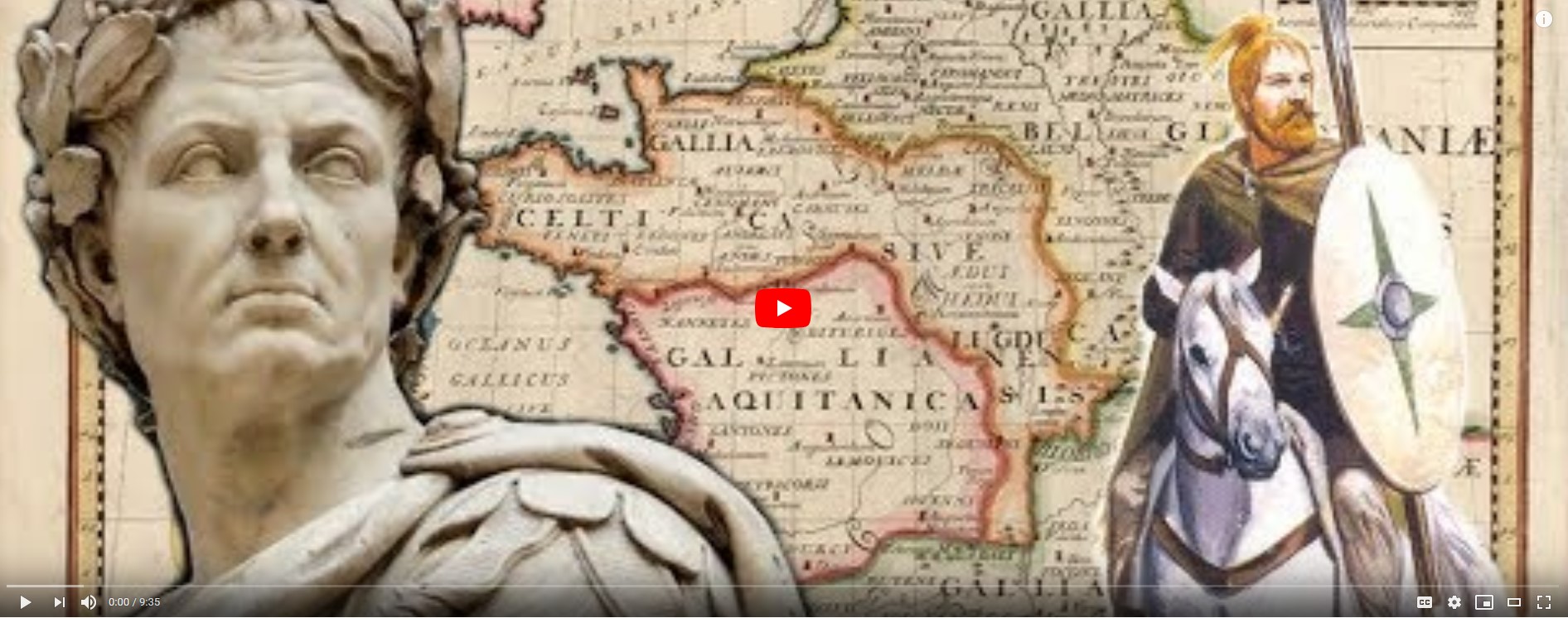
The ancient German warriors were famed for their fearlessness and bravery on the battlefield. Julius Caesar employed them in his army during his Conquest of Gaul and the Roman Civil War.
How Julius Caesar's Fearsome German Cavalry Led Him to Victory
11/07/2016



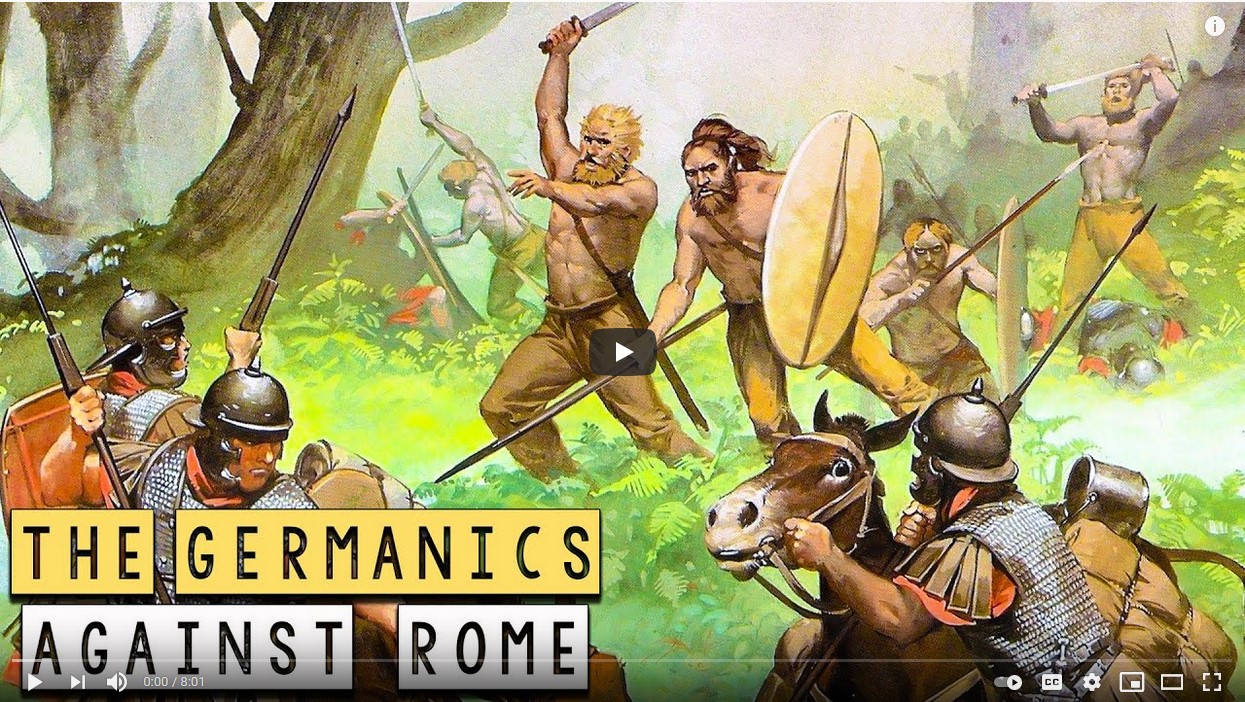

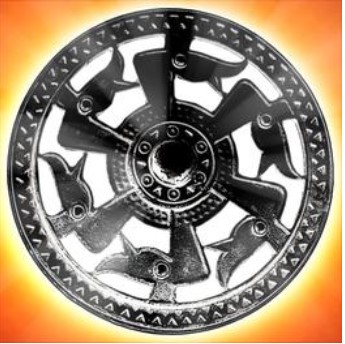
@Langharig_Tuig